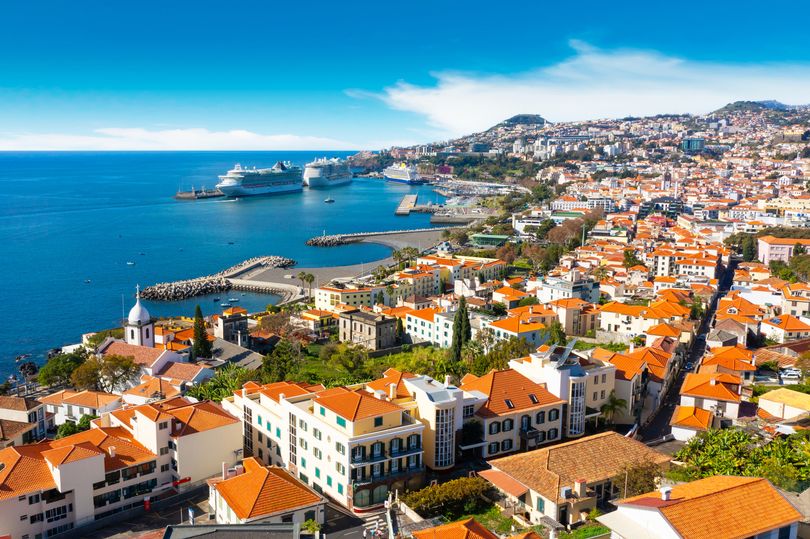
EUROPE'S HAWAII 'AT BREAKING POINT' AS 'DISRESPECTFUL' TOURISTS 'CRIPPLE PUBLIC SERVICES'
Residents of one of Europe's most picturesque holiday spots are calling for anti-tourism protests, claiming that public services are buckling under the strain of visitor numbers.
The Portuguese archipelago of Madeira, known for its subtropical climate, breath-taking beaches, and as the birthplace of footballer Cristiano Ronaldo, is a small group of islands with a population of around 250,000. Yet, it attracts between 1.5million and 2million tourists each year.
There have been several anti-tourism protests in Europe as of late, particularly in Spain where locals are irate over rising rent prices due to properties being snapped up and rented out to tourists.
A recent post on local Facebook group 'Occurrences in Madeira' called for similar protests on the Portuguese islands, albeit for different reasons. "Madeirans should protest as they are doing in Spain against excessive tourism," the post read, criticising tourists for "sleeping in rental cars", "parking wherever they want", "throwing rubbish" and "not respecting" the locals. The post garnered more than 100 likes.
Similar views have been expressed on Reddit in recent months. One comment on the r/Madeira subreddit claimed Madeira's "streets and services are always full" and its "natural resources are running out". The poster also expressed fears that overtourism would "destroy" their culture, all in the name of "making quick money".
"Madeira is in a terrible spiral," another local said on Reddit. They said they were concerned about the influence of wealthy foreigners, writing: "Soon services and resources will begin to become more expensive and be captured for tourism and foreigners with high purchasing power."
Another post said "overcrowded" public transport, exacerbated by tourism, is becoming a problem. The local lamented: "It is becoming more and more common to see buses full and not stopping to pick up Portuguese people."
Despite their frustrations, they were clear that "it's not the tourists' fault" - they instead blamed the insufficient frequency of public transport services. They added: "I'm already starting to feel a feeling of hostility towards tourists who occupy places forcing locals to go in unpleasant conditions."
Many shared this sentiment, criticising the government rather than tourists. Another added: "Tourism is extremely important for our island's economy [...] You can't just want the money and not have to deal with the problems they generate."
They added: "Although the tourist who rides the bus is not the one who leaves the most money in the local economy. But that's the least of it here. I think the government is to blame for this. If they want to encourage people to use public transport, they have to increase the frequency of trips."
2024-08-02T13:54:05Z dg43tfdfdgfd